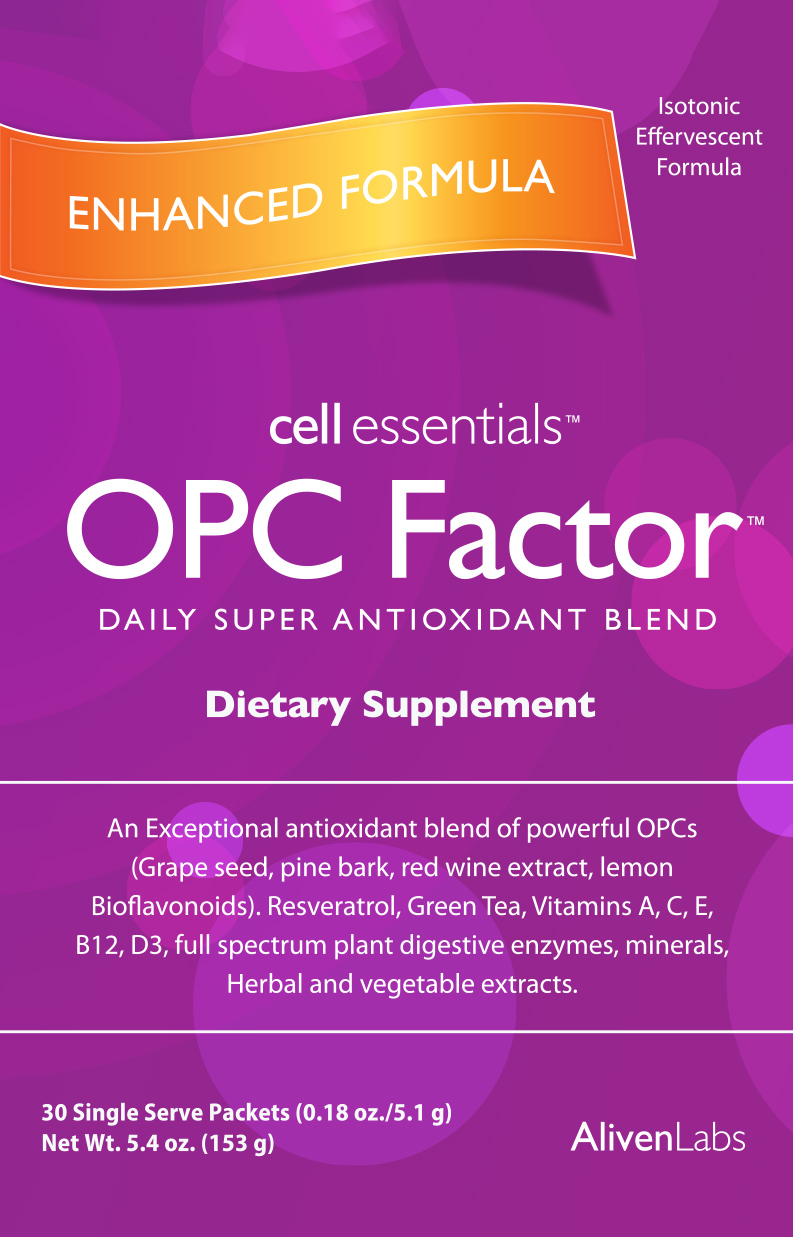The Two Jacks: A Brief History of OPCs
Two men, centuries apart, helped bring to light the amazing benefits of OPCs.
The year was 1535 and a French explorer by the name of Jacques Cartier was off sailing up the Saint Lawrence River in present-day Quebec when his ship became trapped in ice for five long months.
Due to the lack of sufficient fruits and vegetables, Cartier and his crew became severely malnourished and as a result were struck with a mystery illness that caused their gums to bleed, their legs to swell and their entire bodies to become extremely weak. Today we know this illness as scurvy.
Only after the deaths of several crew members did the remaining men follow the advice of the local Iroquois tribe and drink a strange brew the Indians concocted using the bark of a local pine tree, the white cedar.
In his account, Voyages au Canada, Cartier wrote:
“As soon as they had drunk it they felt better which surely must be ascribed to miraculous causes; for after drinking it two or three times they recovered health and strength and were cured of all the diseases they had ever had…”
Once cured, Cartier and his men sailed on into the history books by blessing us with the country of Canada.
 Fast forward more than 400 years to the same place (Canada), and to another guy named Jacques ( “Jack” Masquelier), a French researcher at the University of Quebec, who read Cartier’s story and began to study the bark of these pine trees.
Fast forward more than 400 years to the same place (Canada), and to another guy named Jacques ( “Jack” Masquelier), a French researcher at the University of Quebec, who read Cartier’s story and began to study the bark of these pine trees.
Dr. Masquelier’s research confirmed Cartier’s account and the healing properties of the bark’s compounds he called oligomeric proanthocyanidins, or OPCs for short. Masquelier found that OPCs strengthened the walls of the blood vessels and capillaries and improve vascular functions vital for the health of all of the body’s organs. He also was able to find these compounds existing in other plants like the seeds and skins of red wine grapes.
It wasn’t until 1985 that Dr. Masquelier discovered that a partial explanation for the awesome results from OPCs were their ability to neutralize free radicals and act as ‘super antioxidants’‚ 20 times more powerful than Vitamin C and 50 times more powerful than Vitamin E. Because they help to prevent oxidation in our cells OPCs are believed to slow and even reverse much of the aging process!
Today we can extract these OPC compounds from pine bark, grape seeds, grape skins, green tea, lemon bioflavanoids, and bilberry, among other plants. OPC Factor can really be considered a ‘super’ OPC supplement because it combines many OPCs (all of the aforementioned) from multiple plant sources into a single supplement. This gives OPC Factor the ability to strengthen your capillaries so that vital nutrients can be passed to the cells. Oh, and we have those nutrients too!
It’s been nearly 500 years since man’s first recorded encounter with the awesome healing power of OPCs. We don’t have to tell you their effects can lead to miraculous results‚ heck, Cartier said that himself!
Sometimes I imagine how his account would have read had he been given OPC Factor instead of that strange brew. I imagine his entry would have included one slight addition:
“Where can I get a box of this stuff?”
Good Question
Q:
I see a lot of advertisements and grocery store displays promoting various tropical juices containing mangosteen, Acai and Goji berries, etc that claim to be high in antioxidants. Are these juices more powerful than OPC Factor since they are already mixed naturally
A:
No. I appreciated getting this question because these companies do spend tons of money making you think they are great for you. Even Dr. Dean Adell states that these are just high priced juices.
Not only are they NOT MORE powerful but they aren’t even AS powerful. And there are two reasons that they do not deliver results as good as OPC Factor.
The first reason is absorbability. While these products, which are many times blends of apple and grape juices, they contain fruits with high antioxidant profiles, they also contain other ingredients such as sugar that, along with the digestive acids in the stomach cancel out the good ingredients.
The second reason they aren’t as powerful is pretty easy to understand. Just look at the ingredients on the juice container and compare it to the ingredients on a box or packet of OPC Factor. There’s your answer! These juices just don’t contain the sheer volume of antioxidants, nutrients, vitamins, herbs, extracts, enzymes and minerals that OPC Factor does. They basically take one of their current juices, which are all high in sugar, and add the newest and hottest antioxidant trend so they can put it on the label.

